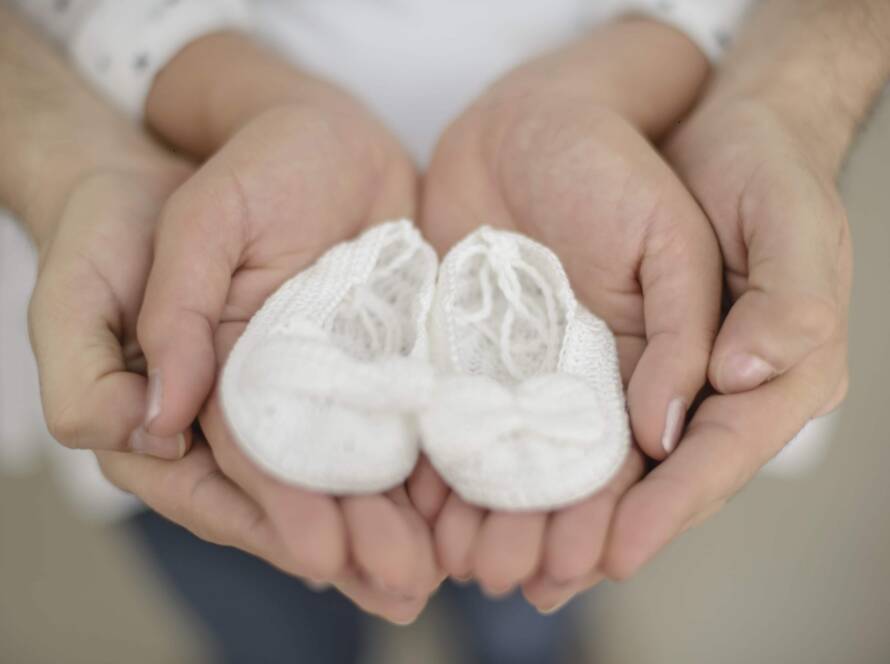When on the path to becoming parents we experience a gestational loss, the physical and emotional pain becomes a feeling of grief that is experienced when losing something that was always dreamed of and that was achieved for a short time.
The question, what happened? is one of the most frequent among those couples who fail to bring their pregnancy to term; looking for a reason to explain that moment of pain is perhaps the way many find to face the situation and live the process in the best way.
Understanding from the medical diagnosis what led to the loss is fundamental, however, going further and living the process from emotional support can be of great help to overcome grief and understand when is the best time to try again.
Understanding the importance of both the medical and emotional components, we share some questions/answers that can help you understand when gestational loss occurs and how it is experienced:
Remember that in our INSER clinics we provide emotional support in each stage of the process. If you are experiencing a gestational loss, contact us and request your consultation.
- Medellín: Tel. +57(604) 268 80 00
- Bogotá: Tel. +57(601) 746 98 69
- Pereira: Tel. +57(606) 340 17 09
- Cartagena: Tel.+57(605) 693 0434

